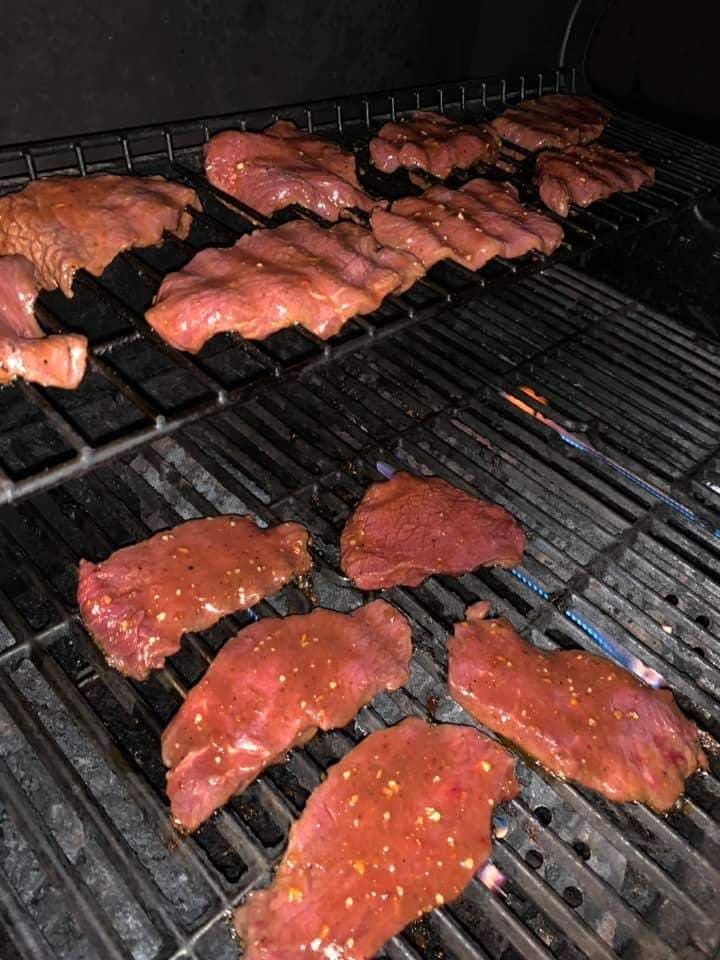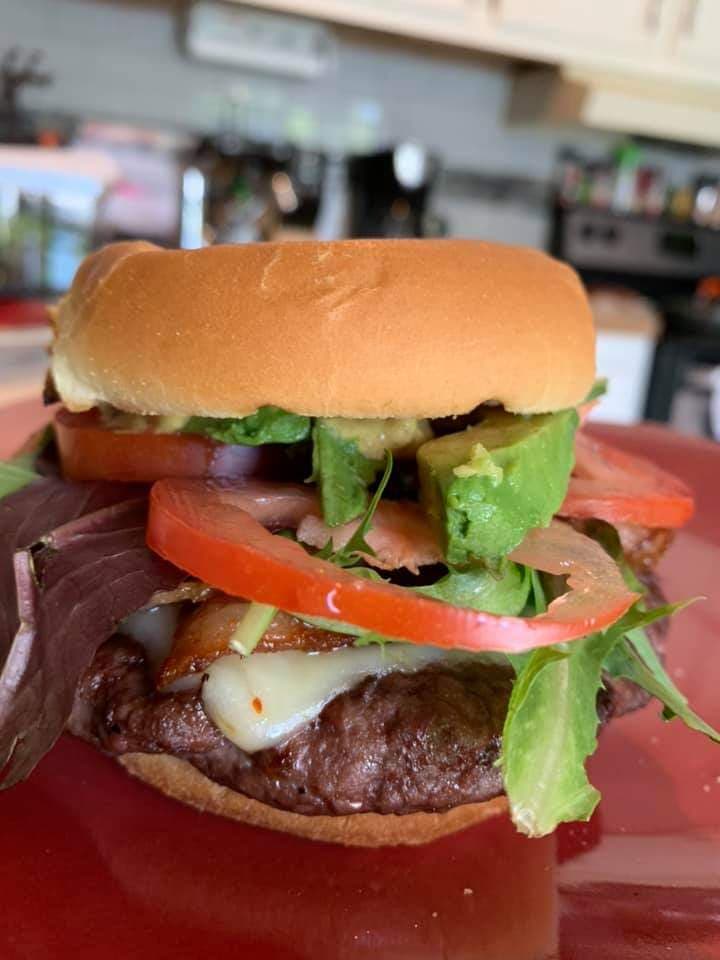PORTLAND, Ore. (KOIN) — Frugal Oregonians are embracing a newly legal way of putting food on the table, by first scraping it off the side of the road.
Of course, just because it’s newly legal doesn’t mean people haven’t been salvaging roadkill since the days when deer would get caught in the headlights of a Model T.
Cody Herring, of White City, said he grew up in a family that salvaged roadkill. He acknowledged it wasn’t legal, but said, “They couldn’t just hit a deer and leave it laying there. They’d still load it up in the truck and bring it home … the law just, it just didn’t make sense. It made good people criminals basically.”

The State of Oregon agrees. As of Jan. 1, 2019, salvaging deer and elk that have been accidentally hit by a vehicle is legal. About 20 states allow turning roadkill into food.
And if you needed their approval, the folks over at PETA support salvaging. An article on their website reads in part, “If people must eat animal carcasses, roadkill is a superior option to the neatly shrink-wrapped plastic packages of meat in the supermarket.”
There are still regulations tacked onto roadkill salvaging. You’re supposed to get a permit from the Oregon Department of Fish and Wildlife after you salvage the animal. You’re also supposed to take the head and antlers to an ODFW field office within five days.
Halfway through the year, 355 salvages had been reported to ODFW. Black-tailed deer made up the vast majority of salvages.
The data also reveals where the animals are being picked up. Highway 20 between Sisters and Bend is one stretch of road that seems to be yielding a lot of free meat.
But the data does have its limitations; many people may not report at all, and others make mistakes when reporting their location (including several who missed a negative symbol in front of their longitude, therefore placing their salvage in Northeastern China).

Herring has gone so far as to create a Facebook group for people to report when and where they see deer get hit. Oregon Roadkill Recovery has almost 600 members already, sharing tips for inspecting the condition of animals and processing them after the salvage, in addition to animal locations.
“You don’t necessarily have to be willing to salvage one yourself,” Herring said. “It’s a lot of work … but even if they would just join, you know, and if they see one hit they could just report it and help somebody else get it so it doesn’t go to waste.”
We’re heading into roadkill season, so opportunities for salvaging could be increasing soon. According to ODFW, vehicle-wildlife collisions are most common during October and November “due to reduced daylight hours and greater movement of wildlife (especially deer) at this time of year.”
For more information about roadkill salvage regulations, and what to do if you hit an animal, click here.
